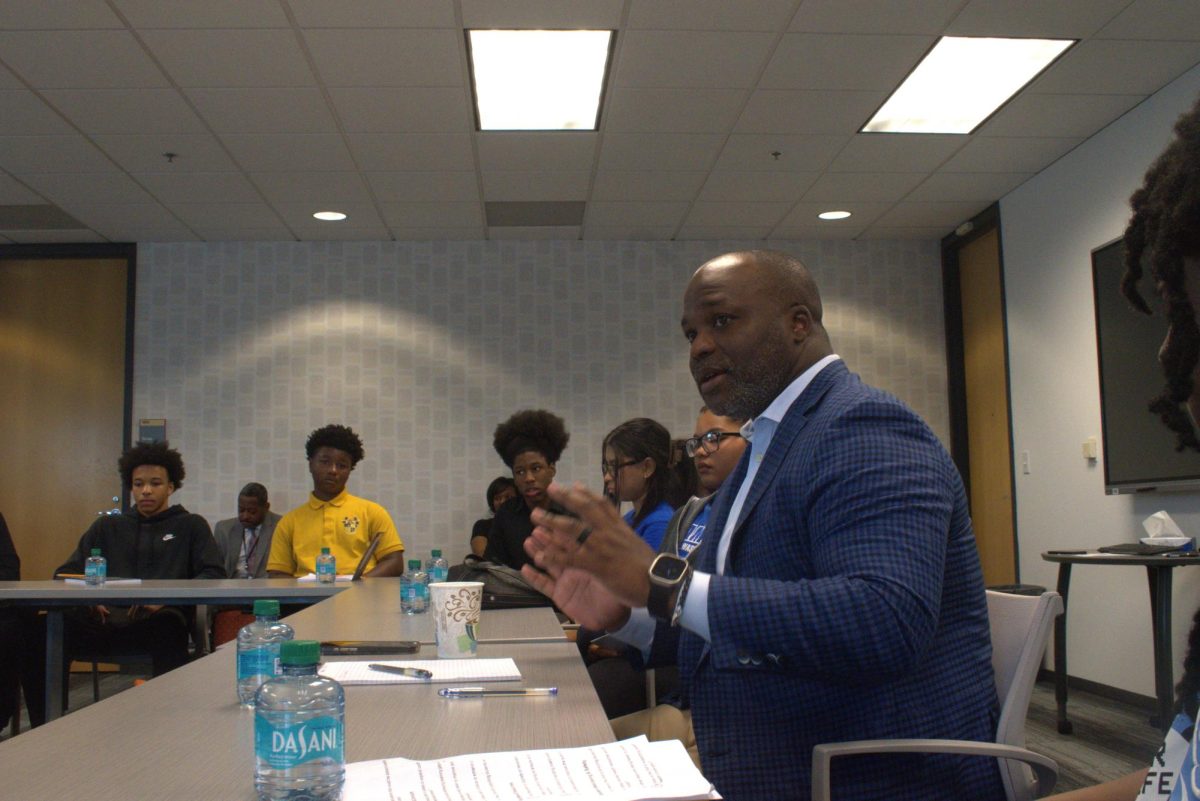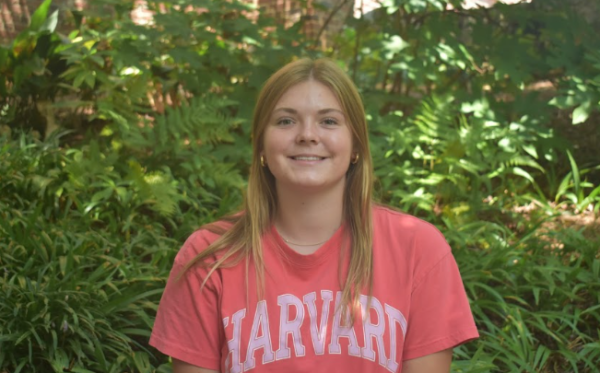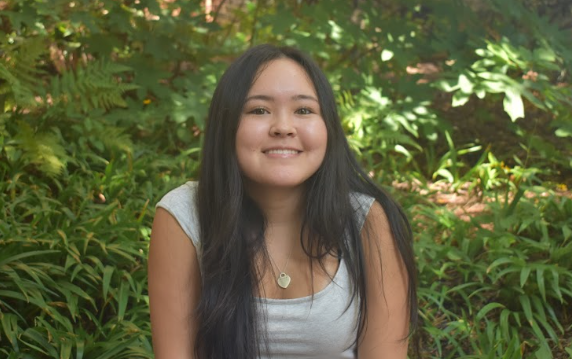Atlanta Public Schools banned ChatGPT and multiple other Artificial Intelligence (AI) websites on school Chromebooks last week. Both students and staff feel a different course of action should have been taken.
Senior Matthew Morris said he uses AI as a tool for schoolwork, and the restriction of ChatGPT disrupts his work cycle.
“As a senior, it’s inconvenient,” Morris said. “I would say that me and a lot of seniors use ChatGPT for idea generation for [college] essays and just research in general. Not having that in school limits what I can do in school.”
Morris believes ChatGPT is able to be used as a major tool in school, however he constantly sees people misuse it.
“I would say that obviously just using it brainlessly and getting cognitive debt is considered cheating,” Morris said. “But I would say that if there’s a way to integrate AI into classrooms, it would be more efficient.”
Mario Herrera teaches AP Seminar, Speech Forensics and is the Speech and Debate coach at Midtown. Herrera does not think blocking ChatGPT on APS chromebooks is the right decision.
“Blanket policies get blanket results,” Herrera said. “I wish the decision had not been made.”
Contrary to Herrera, AP Biology teacher Nikolai Curtis often sees students abuse AI, and believes the district made a good call with heavily restricting AI use among students.
“I personally think it’s a good plan because of the lack of authenticity in student use of ChatGPT,” Curtis said. “I think when students feel like I’m not observing them, they find a way around the filters or blocks [on Securly] and write in an answer that is nowhere close to the content I’ve taught them.”
Junior Rhea El-Deiry believes there were ways to overcome AI abuse instead of eliminating it from school environments.
“I don’t think it’s the best decision,” El-Deiry said. “I think it could have been worked around properly. I think AI is a good tool if you’re using it ethically. People were taking advantage of it and I think that’s why the school blocked it.”
A common belief among Midtown students and teachers is that AI needs to be specifically taught how to be used in classrooms, rather than fully avoiding it.
“No doubt in my mind it needs to be part of the curriculum,” Herrera said. “Teachers need to be trained on it, students need to be trained on it. Right now it is what seems to be expected in the modern world, and so it should be part of what we do to help [students] when [they] leave Midtown.”
Consistent with his views, Herrera attempts to incorporate AI use into his lessons.
“Definitely understanding argumentation, making sense of a really complicated text, being creative with projects and literary type assignments,” Herrera said. “They can use it for initial ideas, brainstorming, to check grammar and spelling, to understand complex thoughts and communication, but it shouldn’t be used to produce anything that would be assessed by the teacher.”
Morris added the fact that now both ChatGPT and YouTube are blocked on APS issued computers which heavily restricts productivity during the school day.
“If I need help on an assignment I can ask it for an explanation if a teacher isn’t available,” Morris said. “I could just use ChatGPT to help explain stuff instead of watching a video but we have YouTube blocked so we can’t watch videos.”
Along with Morris’ perspective of AI used as a study tool within school, El-Deiry believes it cuts down on effectiveness of studying outside of school as well.
“I’ve used AI for homework purposes when I’m not at school,” El-Deiry said. “I’ll ask it to explain to me how to do my homework if I don’t understand. I use it almost as a tutor.”
Despite attempting to incorporate morally acceptive AI use into classes, Morris believes students will find a way around these decisions made by the district.
“I mean there’s other AI platforms out there,” Morris said, “I ultimately think any time the school blocks stuff, there’s always some people that are gonna find something to get around it.”

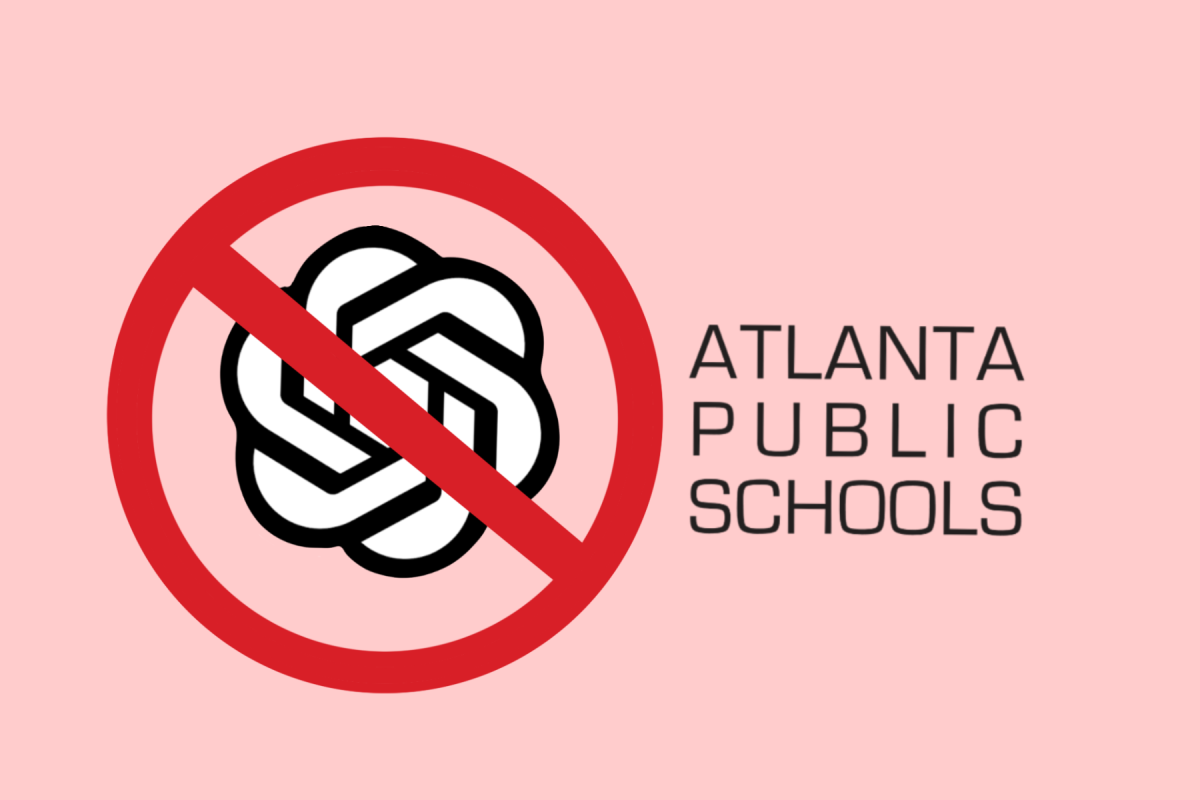

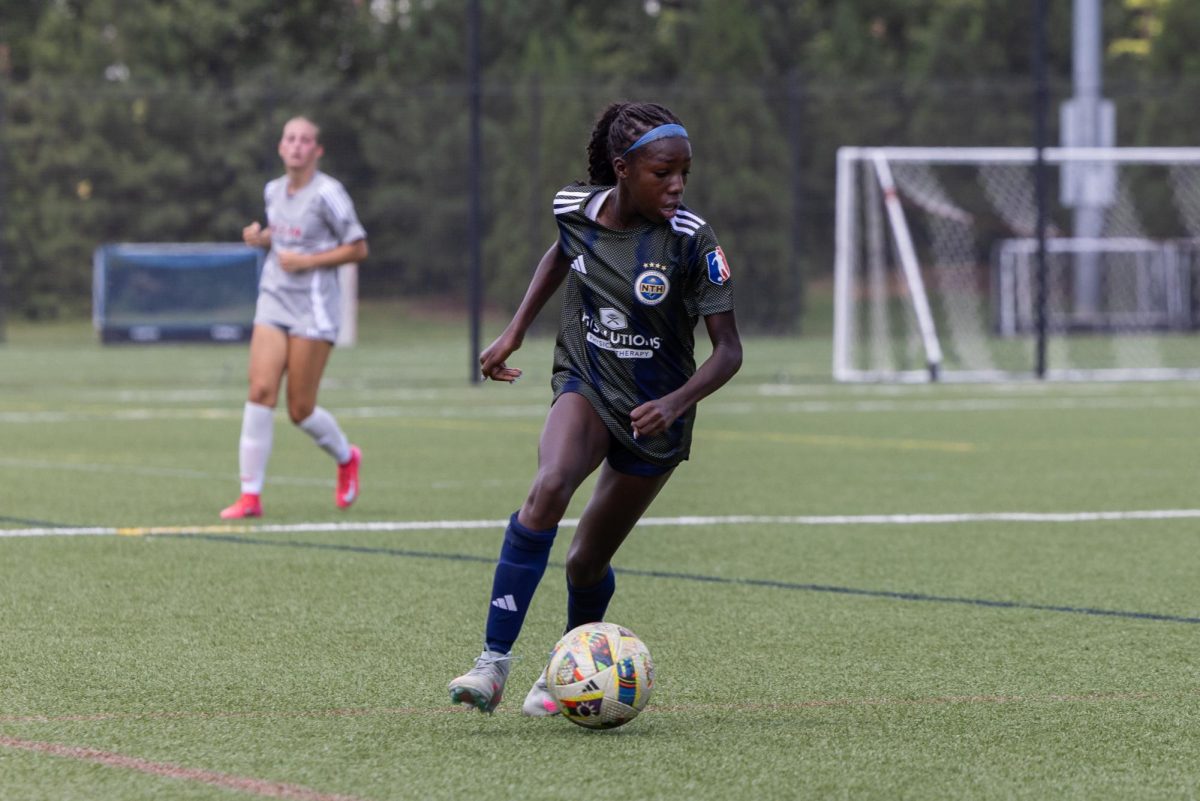


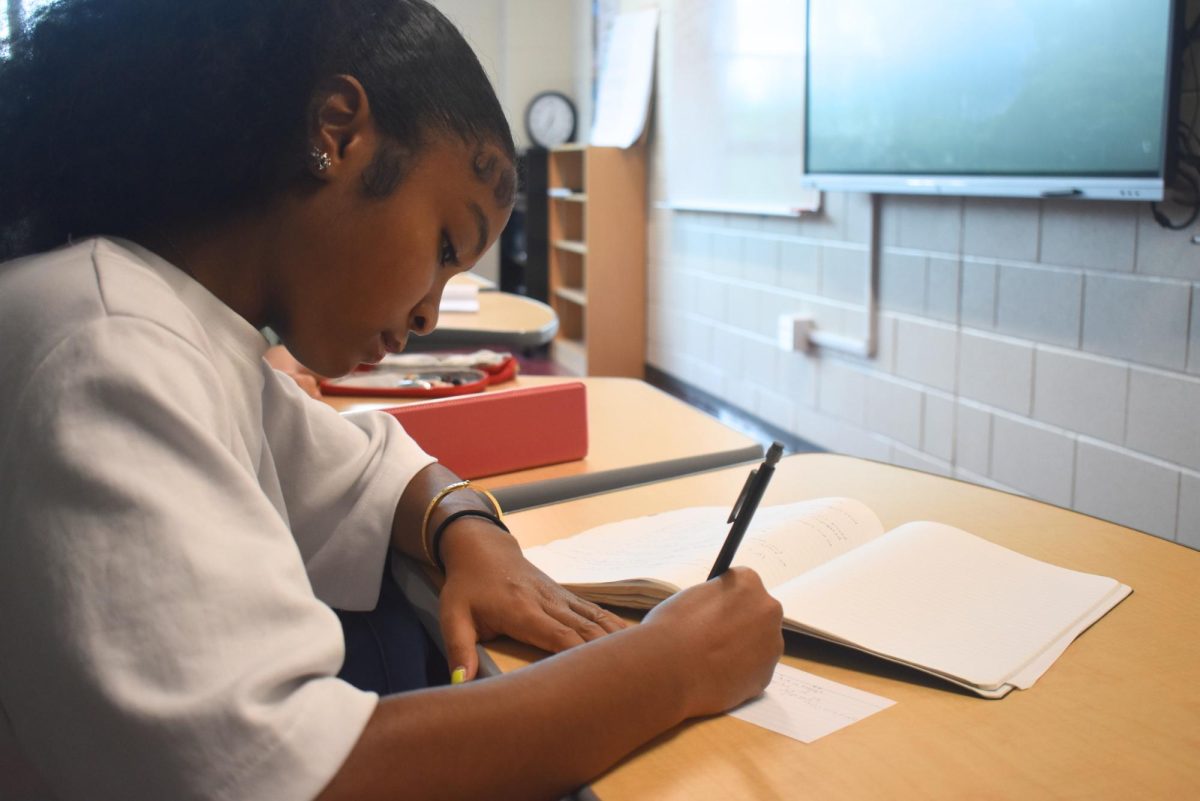
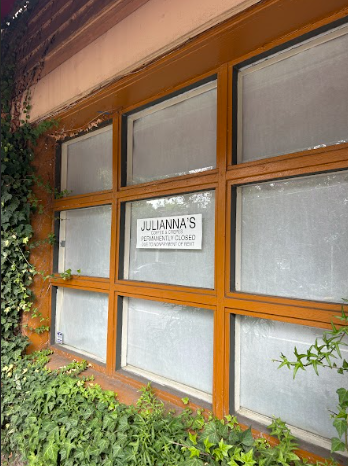

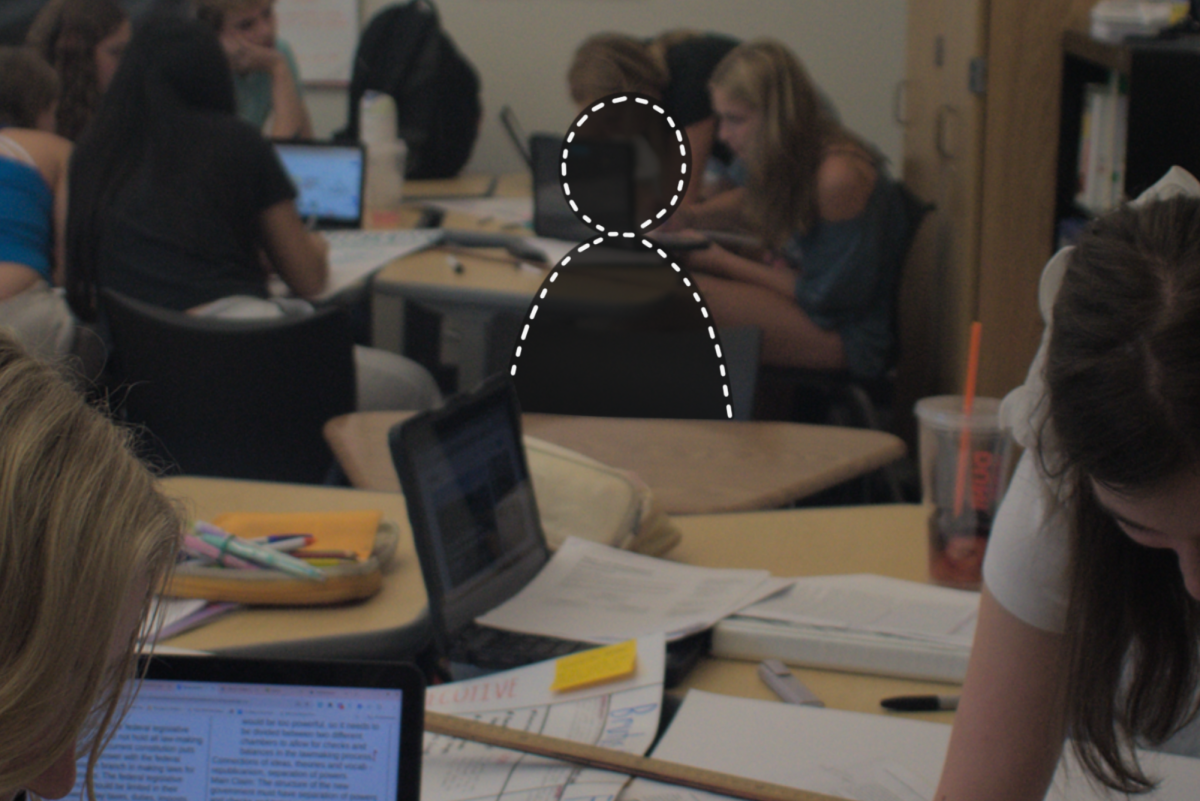
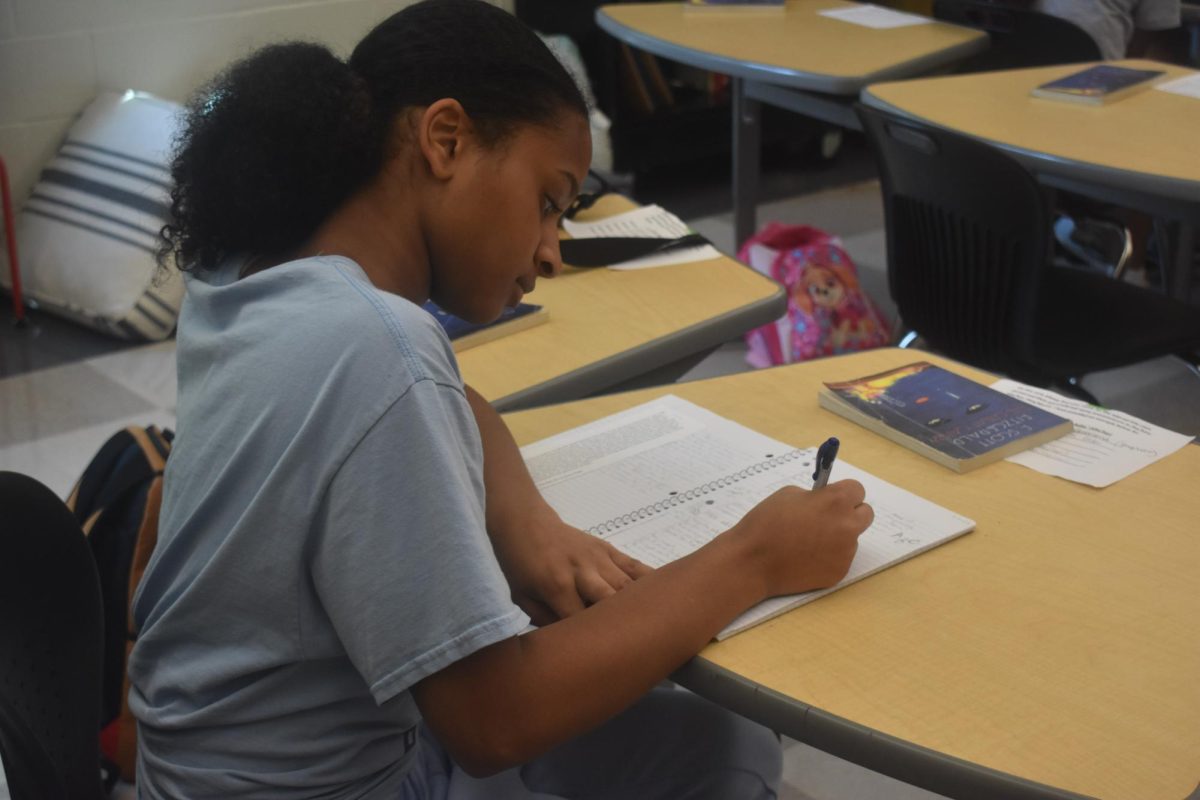
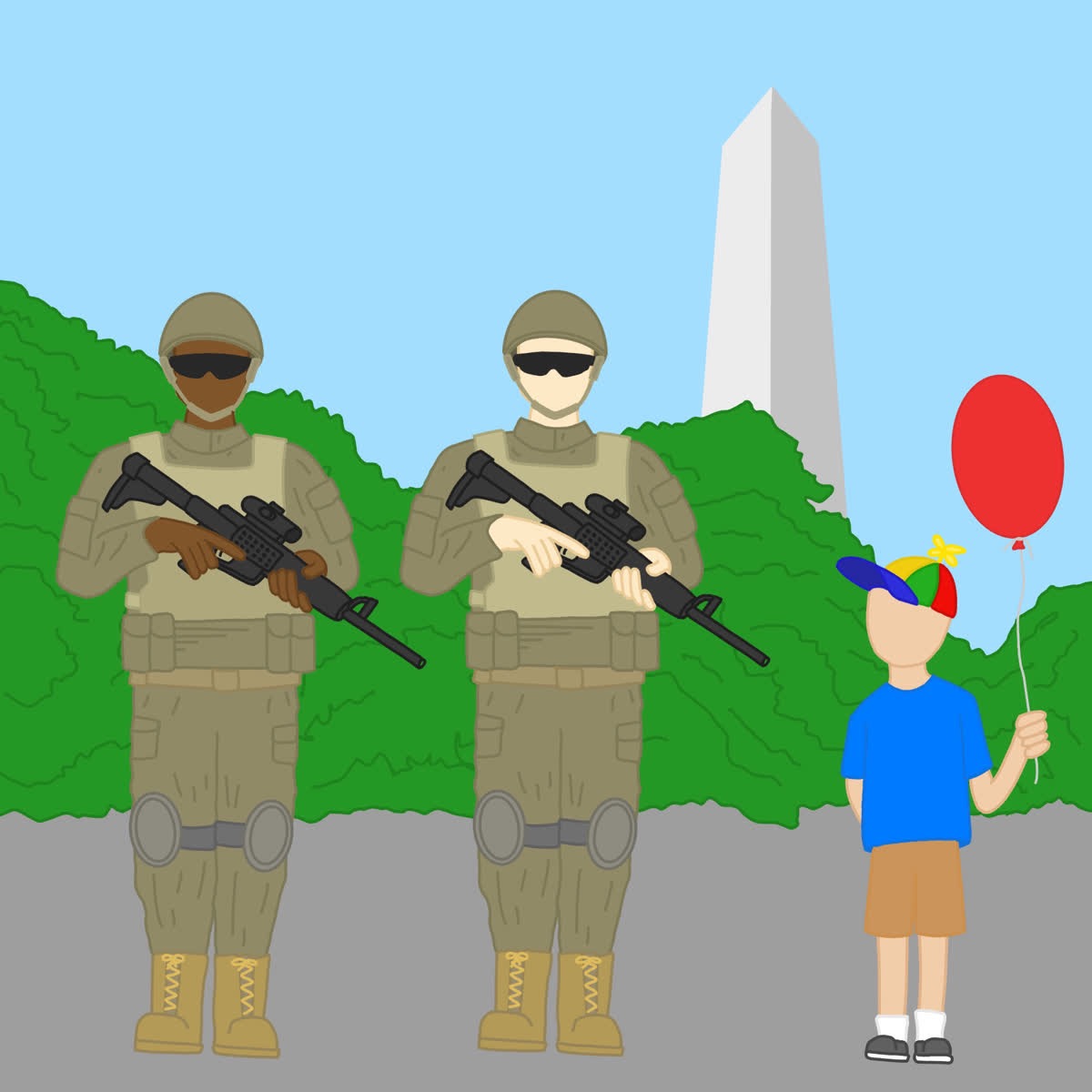
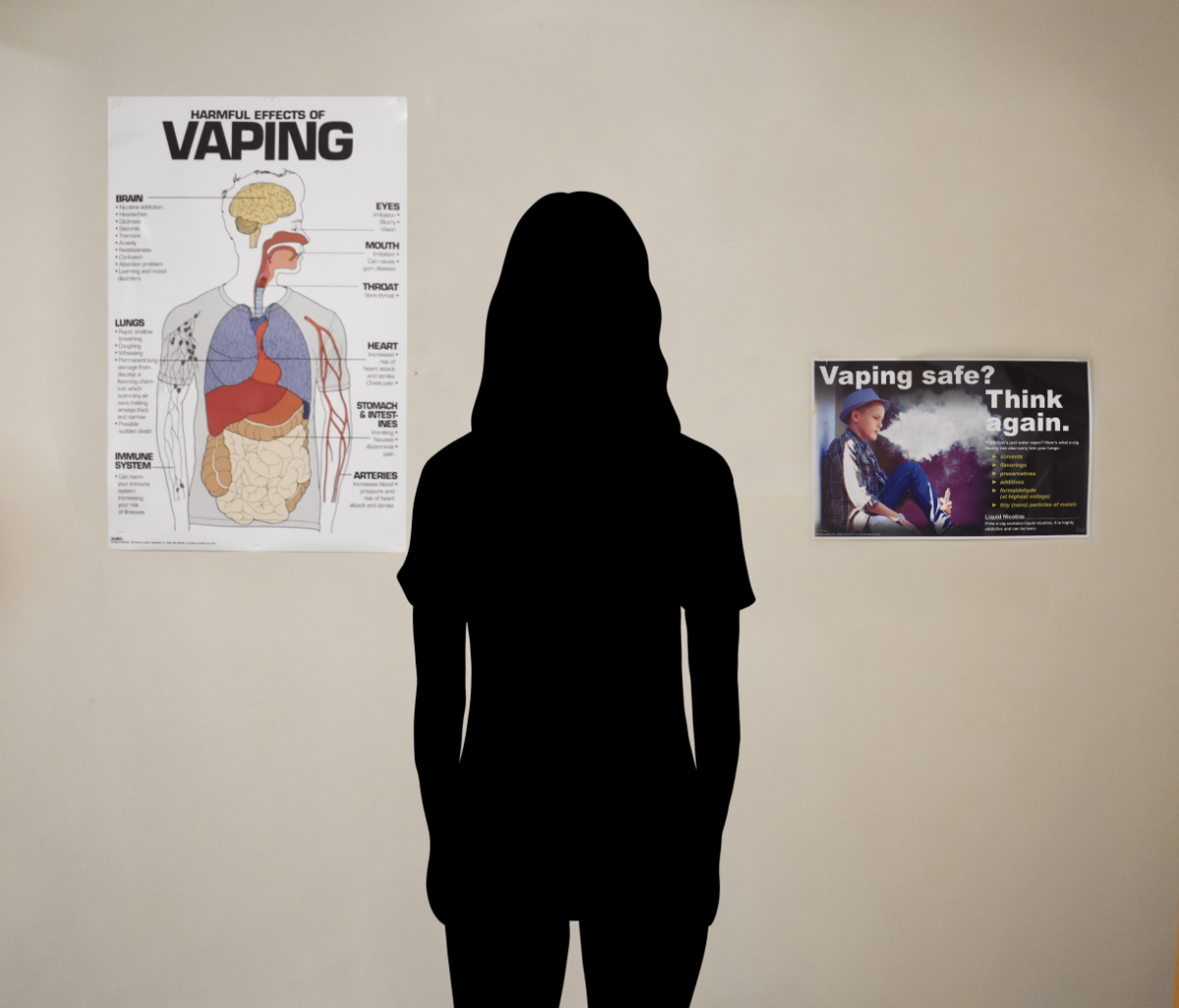
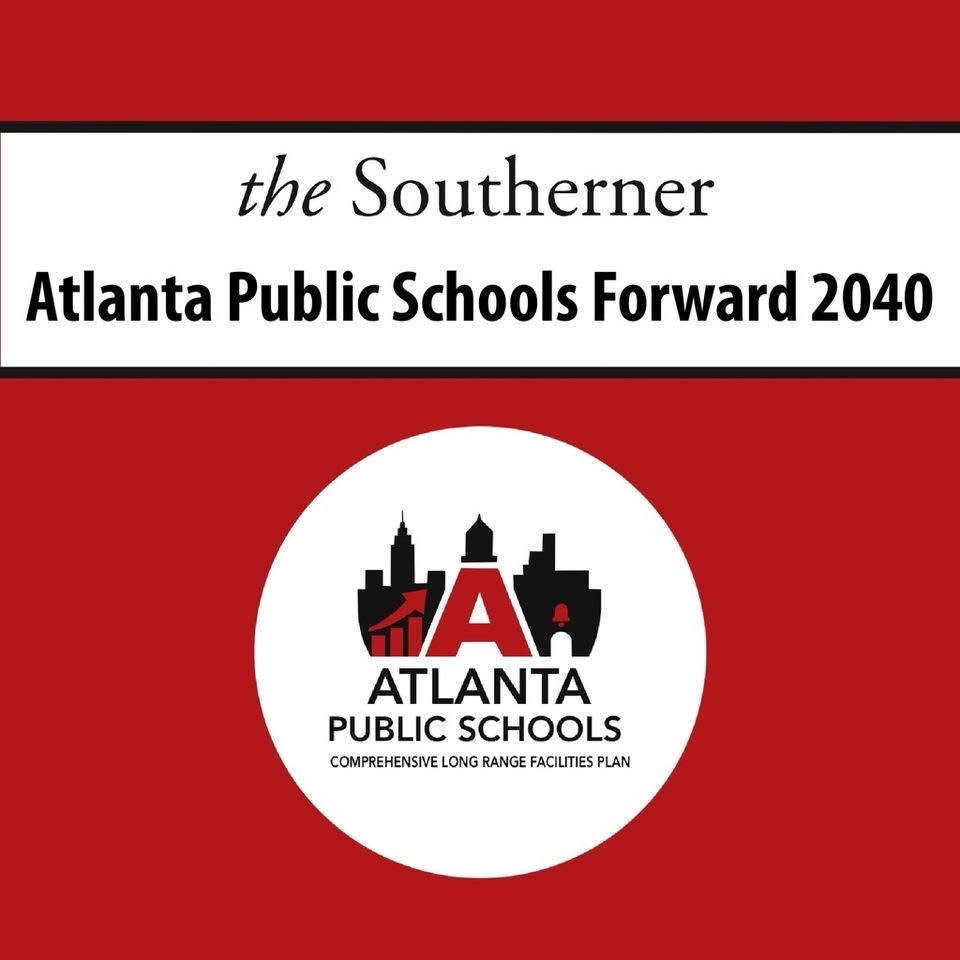
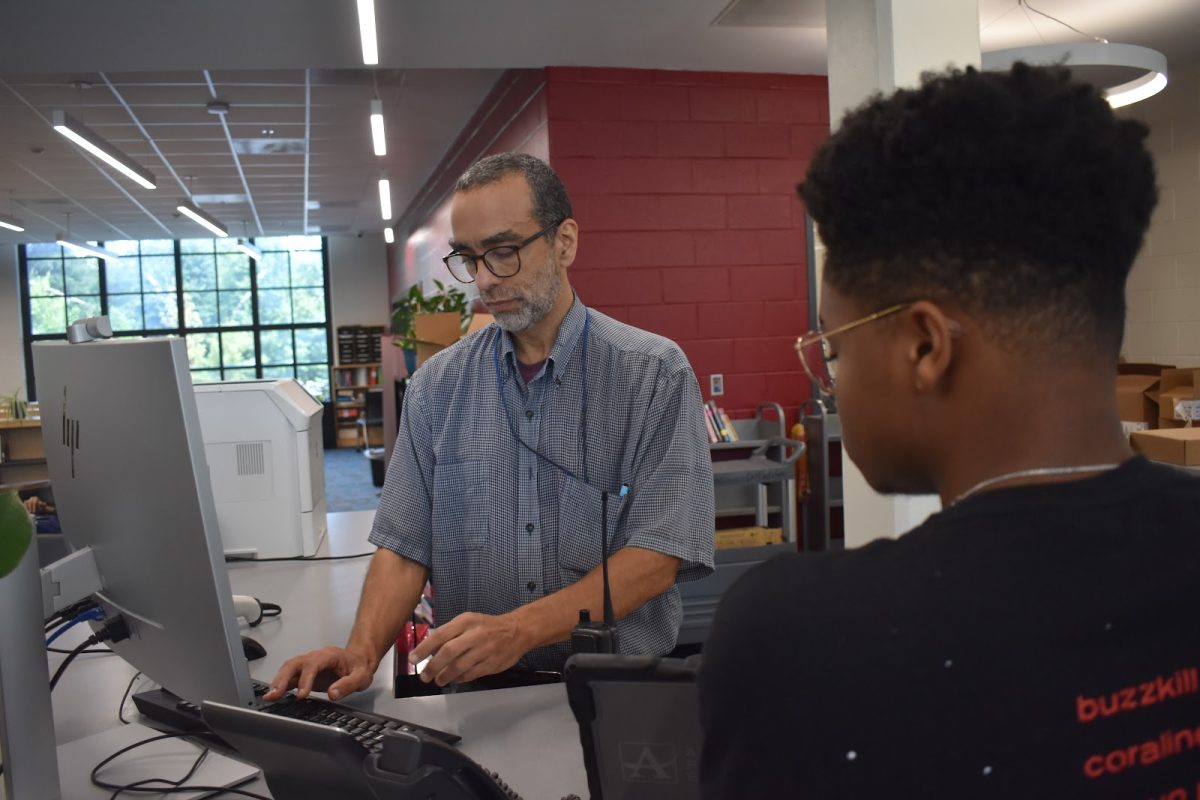

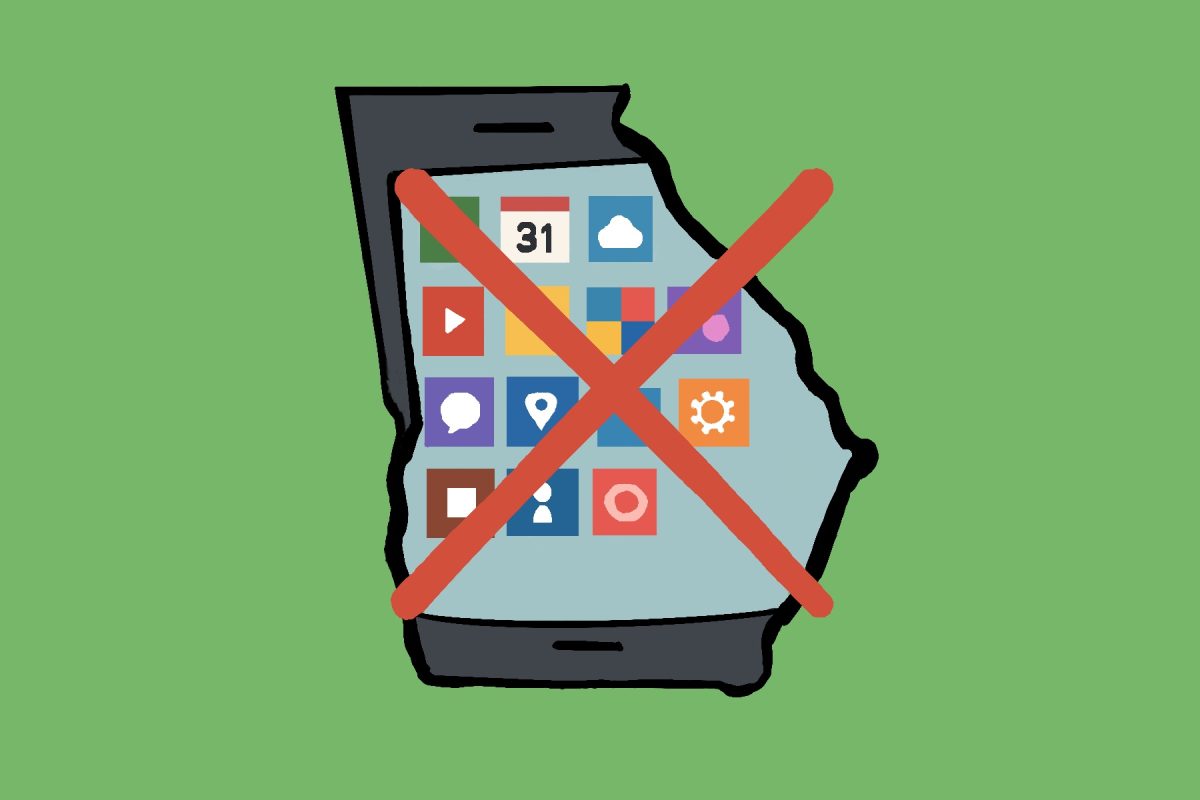
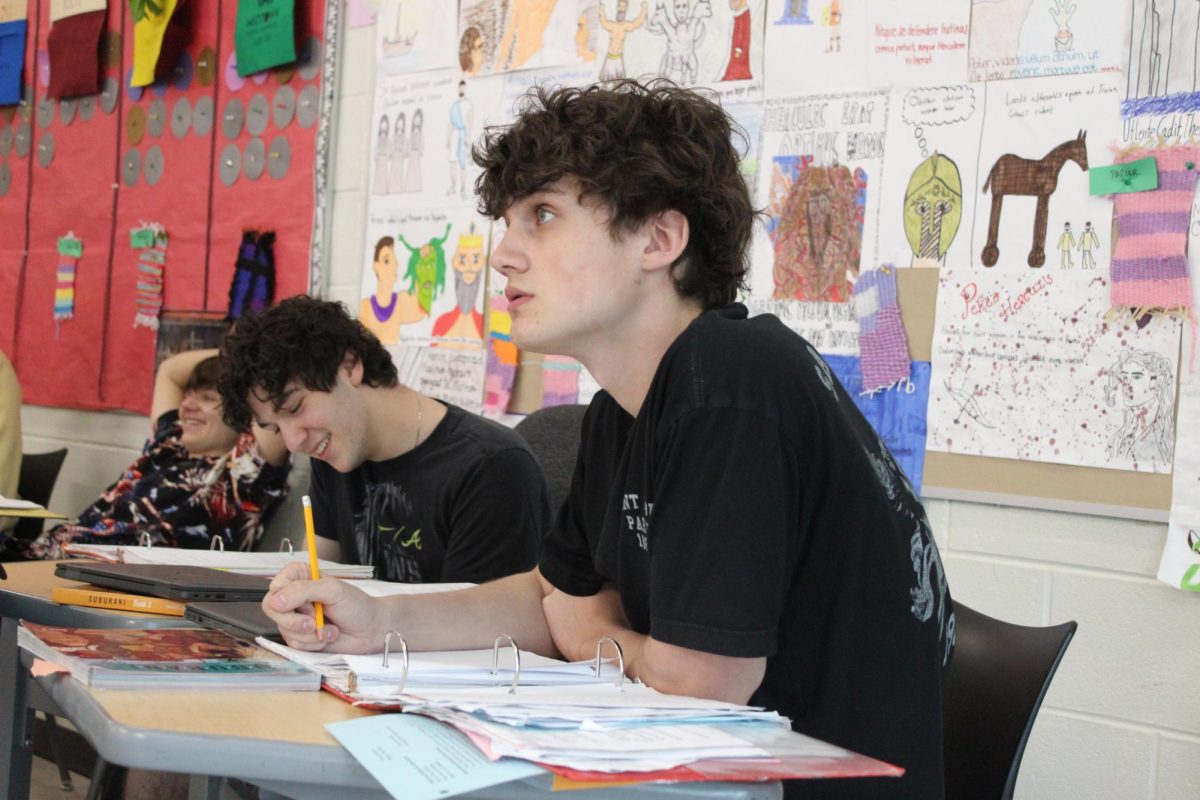
![Lamar Young [right] stands with fellow counselors. Young served as a counselor for 15 years at Midtown, providing critical support for students and parents.](https://thesoutherneronline.com/wp-content/uploads/2025/04/IMG_3800-1-1200x584.jpg)
